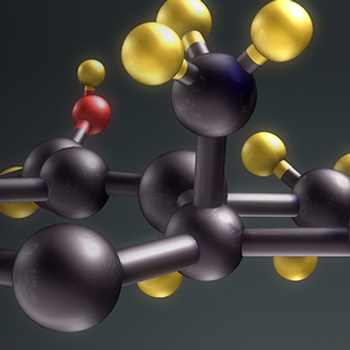
Garth T. Whiteside, PhD, head of preclinical development at Imbrium Therapeutics, discussed a phase 2 clinical study that explored the use of sunobinop in patients with insomnia during recovery from alcohol use disorder.

Garth T. Whiteside, PhD, head of preclinical development at Imbrium Therapeutics, discussed a phase 2 clinical study that explored the use of sunobinop in patients with insomnia during recovery from alcohol use disorder.

The professor of neurology at UMass Chan School of Medicine provided perspective on the benefits of pushing back school start times based on what research has shown.

In a secondary analysis of a double-blind trial, mazindol extended-release outperformed placebo on clinician and patient scales of cataplexy severity and excessive daytime sleepiness.
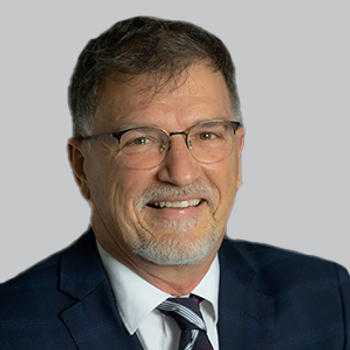
Over a 5-year period in a study, both insomnia protective and risk factors in adults were observed as significantly associated with the sleep disorder, offering valuable insights for prevention strategies.

John Harsh, PhD, clinical research director, Colorado Sleep Institute, sat down at SLEEP 2023 to discuss the RESTORE study results, and why patients with narcolepsy appear to prefer once-nightly sodium oxybate.
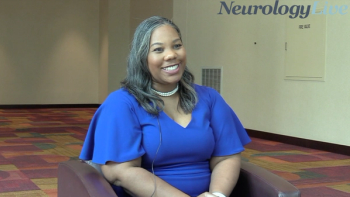
The sleep epidemiologist and assistant professor at the Rollins School of Public Health at Emory University, insight on the associations between race, socioeconomic backgrounds, and poor sleep and insufficient sleep. [WATCH TIME: 2 minutes]

Patients given slow oscillatory transcranial direct current stimulation during sleep recalled significantly more words 2 hours post-awakening compared with the sham group.

Patients on twice-nightly oxybate reported more issues with inconvenience, anxiety, and feeling somewhat, quite a bit, or extremely groggy/unsteady the next morning.
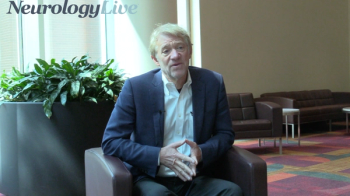
The chief of the Sleep Disorders Clinical Research Program at Massachusetts General Hospital provided insight on new updates to the management of restless legs syndrome, including removing dopamine agonists as first line treatments. [WATCH TIME: 8 minutes]

At the conclusion of the analysis, lemborexant was shown to be safe, with significant improvements seen in REM latency, total REM sleep, and other measures.
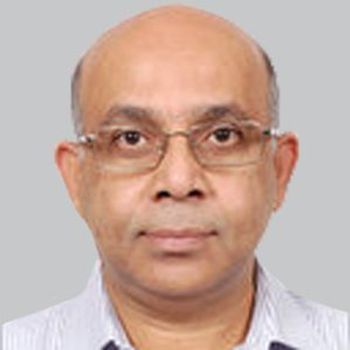
Preclinical findings show the potential of samelisant, a potent and orally active Histamine H3 receptor inverse agonist, as a potential treatment for patients with Parkinson disease who experience excessive daytime sleepiness.

According to a recent study presented at SLEEP 2023, the decline in MOCA scores in patients with mild cognitive impairment was associated with the degree of hypoxia observed from sleep studies.

The chief medical officer of Harmony Biosciences provided perspective on a proof-of-concept study assessing pitolisant’s (Wakix) clinical benefit in reducing excessive daytime sleepiness individuals with Prader-Willi syndrome.

At the conclusion of the 6-week treatment period, preliminary analyses suggested a greater trend toward improvement on subjective measures of insomnia compared with objective sleep measures.
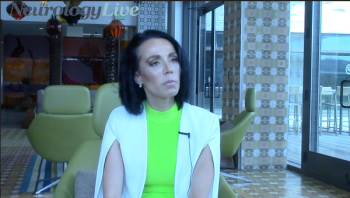
The pediatric neurologist and sleep medicine specialist at Geisinger Medical Center provided commentary on the current unmet needs for patients with narcolepsy, including improvements in treatment options. [WATCH TIME: 3 minutes]

More than 25% of patients in the pooled meta-analysis developed OSA after undergoing vagus nerve stimulation treatment, prompting the need for routine screening for the condition.

The pediatric neurologist and sleep medicine specialist at Geisinger Medical Center discussed her talk given at SLEEP 2023 on the influence of obesity, asthma, metabolic syndrome, gut microbiome, and circadian rhythm on obstructive sleep apnea. [WATCH TIME: 4 minutes]

Nearly all patients showed improvement on the Patient Global Impression of Change scale, regardless of sleep inertia status, assessed through a visual analog scale.
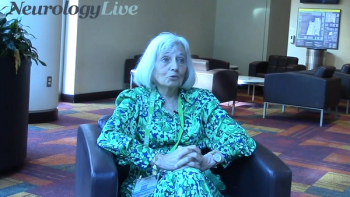
The professor of neurology in the Division of Sleep Medicine at Harvard Medical School provided insight on current management of insomnia for children and adolescents, and where improvements could be made. [WATCH TIME: 3 minutes]

Following 13 weeks of treatment with once-nightly sodium oxybate, some patients in the 7.5 g and 9.0 g groups showed complete resolution of cataplexy attacks.

PUMAS significantly alleviated depression relative to controls whereas cognitive behavioral therapy-insomnia did not differ from either group.

Among patients with post-acute sequelae from COVID-19 infection, self-reported cognitive symptoms were correlated with severity of fatigue, anxiety, and depression, but not subjective sleep disturbance.

In a study of 59 individuals with obstructive sleep apnea, solriamfetol yielded cognitive improvements at post-dose time points throughout the day, along with improvements in Patient Global Impression of Severity.

Test your neurology knowledge with NeurologyLive®'s weekly quiz series, featuring questions on a variety of clinical and historical neurology topics. This week's topic is the history of the American Academy of Sleep Medicine.

Neurofilament light, a biomarker elevated in neurodegeneration and dementia, was higher among poor sleepers with Pittsburgh Sleep Quality Index scores of less than 5.

Ruth Benca, MD, PhD, a professor and the chair of Psychiatry & Human Behavior at Wake Forest School of Medicine, provided insight on the age- and sex-related differences in sleep disorders, and the needed research on the effects of therapeutics in older populations.

Richard Bogan, MD, FCCP, FAASM, associate clinical professor, University of South Carolina School of Medicine, provided commentary on multifunctional capabilities of Xywav and how the medication has improved care for narcolepsy and idiopathic hypersomnia.

The professor and chair of Psychiatry & Human Behavior at Wake Forest School of Medicine discussed the major talking points regarding sleep quality, sleep disorders, and late-life neurocognitive issues.
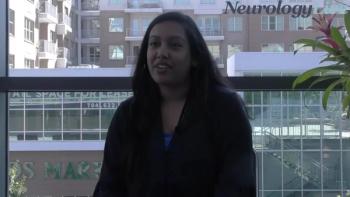
The graduate student at the University of Michigan provided insight on the ways to expand the current knowledge about the disparities among races and genders in sleep quality and long-term cognitive outcomes. [WATCH TIME: 3 minutes]

Mind Moments®, a podcast from NeurologyLive®, brings you exclusive interviews with Afsara Zaheed; Richard Bogan, MD, FCCP, FAASM; and Ruth Benca, MD, PhD. [LISTEN TIME: 18 minutes]